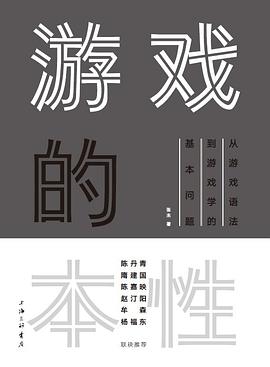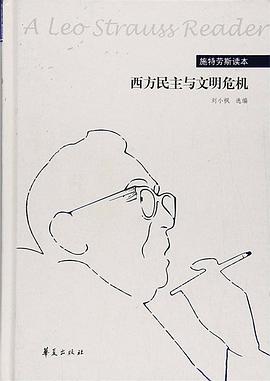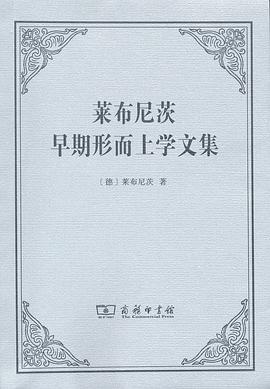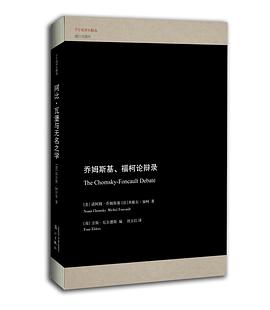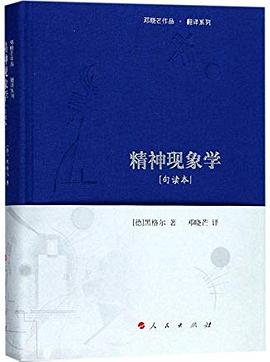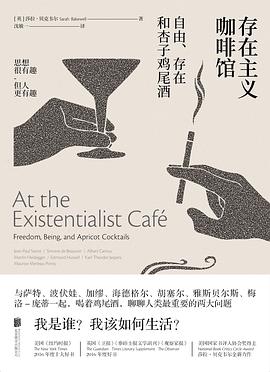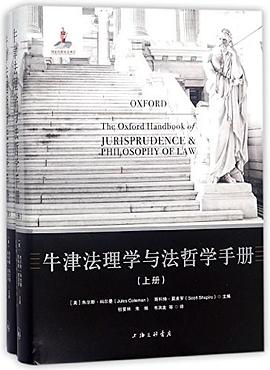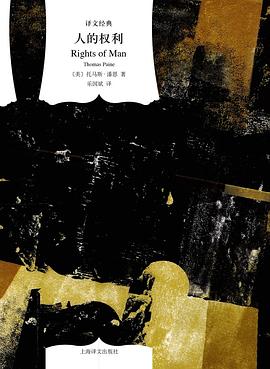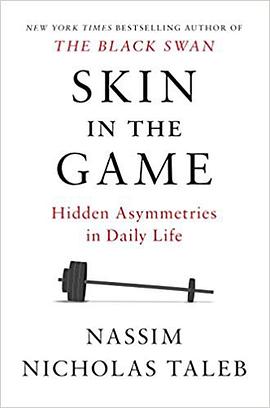

具體描述
From the New York Times bestselling author of The Black Swan, a bold new work that challenges many of our long-held beliefs about risk and reward, politics and religion, finance and personal responsibility
In his most provocative and practical book yet, one of the foremost thinkers of our time redefines what it means to understand the world, succeed in a profession, contribute to a fair and just society, detect nonsense, and influence others. Citing examples ranging from Hammurabi to Seneca, Antaeus the Giant to Donald Trump, Nassim Nicholas Taleb shows how the willingness to accept one’s own risks is an essential attribute of heroes, saints, and flourishing people in all walks of life.
As always both accessible and iconoclastic, Taleb challenges long-held beliefs about the values of those who spearhead military interventions, make financial investments, and propagate religious faiths. Among his insights:
• For social justice, focus on symmetry and risk sharing. You cannot make profits and transfer the risks to others, as bankers and large corporations do. You cannot get rich without owning your own risk and paying for your own losses. Forcing skin in the game corrects this asymmetry better than thousands of laws and regulations.
• Ethical rules aren’t universal. You’re part of a group larger than you, but it’s still smaller than humanity in general.
• Minorities, not majorities, run the world. The world is not run by consensus but by stubborn minorities imposing their tastes and ethics on others.
• You can be an intellectual yet still be an idiot. “Educated philistines” have been wrong on everything from Stalinism to Iraq to low-carb diets.
• Beware of complicated solutions (that someone was paid to find). A simple barbell can build muscle better than expensive new machines.
• True religion is commitment, not just faith. How much you believe in something is manifested only by what you’re willing to risk for it.
The phrase “skin in the game” is one we have often heard but rarely stopped to truly dissect. It is the backbone of risk management, but it’s also an astonishingly complex worldview that, as Taleb shows in this book, applies to all aspects of our lives.
著者簡介
Nassim Nicholas Taleb spent 21 years as a risk taker (quantitative trader) before becoming a flaneur and researcher in philosophical, mathematical and (mostly) practical problems with probability.
Taleb is the author of a multivolume essay, the Incerto (The Black Swan, Fooled by Randomness, Antifragile, and Skin in the Game) an investigation of opacity, luck, uncertainty, probability, human error, risk, and decision making when we don’t understand the world, expressed in the form of a personal essay with autobiographical sections, stories, parables, and philosophical, historical, and scientic discussions in nonover lapping volumes that can be accessed in any order.
In addition to his trader life, Taleb has also written, as a backup of the Incerto, more than 50 scholarly papers in statistical physics, statistics, philosophy, ethics, economics, international affairs, and quantitative finance, all around the notion of risk and probability.
Taleb is currently Distinguished Professor of Risk Engineering at NYU's Tandon School of Engineering (only a quarter time position). His current focus is on the properties of systems that can handle disorder ("antifragile").
Taleb believes that prizes, honorary degrees, awards, and ceremonialism debase knowledge by turning it into a spectator sport.
圖書目錄
讀後感
这本书的观点还挺有趣的,简单概括起来: - 如果一个人不需要对他的观点负责,不会受到切肤之痛的惩罚,不要相信他的观点和行动。比如在学术界,用同行评审来决定论文的好坏,而不是论文的实际结果来评定论文的好坏,没有反馈机制,都是不可信的。 - 在游戏中收益会不平均分配...
評分《黑天鹅》《反脆弱》作者新书。 书中重要的思想我认为有3个: 1:风险共担是好的机制,也就是需要让做决策的人承担相应的责任,2008年金融危机正是因为违反了这个原则,美国对伊拉克利比亚等国的干涉的失败也是因为违反了这个原则; 2:群体中最不宽容的少数派可能决定群体的...
評分整本书最大的矛盾点在于: 作者一方面极力强调“时间是检验真理的唯一标准”,那些经历过几十代人传承下来的迷信行为、宗 教仪式都有其“理性”的一面,只是很难被我们绝大多数寿命有限、对概率的认识有限的凡人所理解。 而另一方面,作者又不断谴责那些未经“风险共担”的专家...
評分1. 什么是Skin in the game? 这本书的副标题可以说是非常具有误导性了,并不是常规意义上的asymmetry 简单来说,Skin in the game指的是对所参与的事要有“代价”—— 提出一个方案,成功要有相应的奖励,失败要有相应的损失。否则 - 可能提出不切实际、有损利益的方案,即经典...
用戶評價
納西姆·尼古拉斯·塔勒布(Nassim Nicholas Taleb)。塔勒布是我們非常熟悉的作者,他以前寫過《隨機漫步的傻瓜》、《黑天鵝》、和《反脆弱》三本書,講的都是在這個 充滿不確定性的現代社會裏,我們應該怎麼麵對風險。這本新書和前麵三本書一脈相承。塔勒布的說法是他這四本書,每一本都是前一本的一根肋骨變成的。 這本書說的是風險的對稱性。
评分其實蠻佩服這類作者,怎麼可以把一句話就說清楚的事寫成一本書呢?可能我不是企業管理人員所以無法獲得那些關於細節的有趣體驗。
评分libertarian with strong traditionalist hues...
评分道理是對的,但內容基本上就是在吹水瞭。
评分great
相關圖書
本站所有內容均為互聯網搜索引擎提供的公開搜索信息,本站不存儲任何數據與內容,任何內容與數據均與本站無關,如有需要請聯繫相關搜索引擎包括但不限於百度,google,bing,sogou 等
© 2025 book.quotespace.org All Rights Reserved. 小美書屋 版权所有



